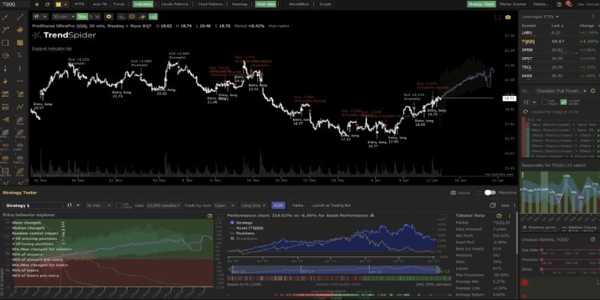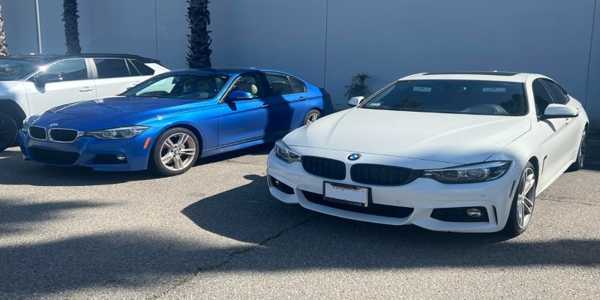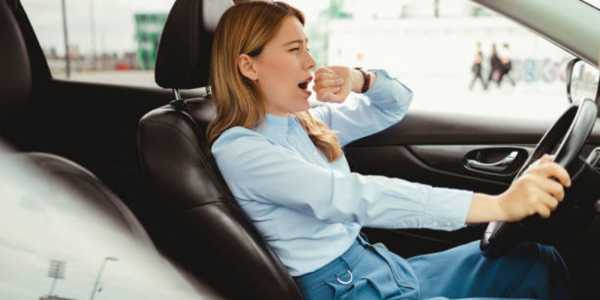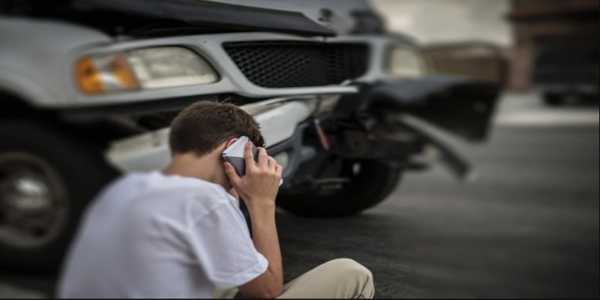What Car Insurance Covers During Natural Disasters
Natural disasters are unpredictable and often devastating. Whether it’s a hurricane, flood, wildfire, or earthquake, these events can cause significant damage to property and vehicles.
Natural disasters are unpredictable and often devastating. Whether it’s a hurricane, flood, wildfire, or earthquake, these events can cause significant damage to property and vehicles. Understanding what your car insurance covers in these situations is crucial for ensuring you are financially protected when disaster strikes. In this article, we will discuss the types of car insurance coverage that can help in the event of a natural disaster, what is typically covered, and what might not be.
Types Of Car Insurance Coverage
When it comes to car insurance, the type of coverage you have plays a vital role in determining how much protection you will receive during a natural disaster. While basic liability insurance covers damage to others' property or injuries caused by an accident, it does not cover your own car’s damages. To be covered for damage caused by natural disasters, you'll need comprehensive insurance. Let’s take a closer look at the key types of coverage:
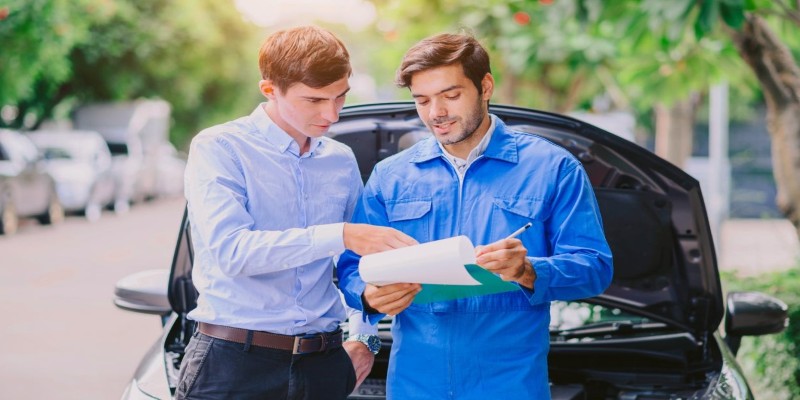
Liability Insurance
Liability insurance is mandatory in most states, but it only covers damage to others' property and medical expenses if you're at fault in an accident. It does not cover your vehicle or injuries. While liability insurance is crucial for covering third-party damages, it is not sufficient in the case of natural disasters.
Collision Insurance
Collision insurance covers damages to your car if you are involved in an accident, regardless of fault. However, this type of coverage typically does not include damage caused by natural disasters unless the disaster happens in a way that also involves a collision. For example, if a tree falls on your car during a storm and causes a crash, collision insurance might apply, but the storm damage itself would not be covered.
Comprehensive Insurance
Comprehensive insurance is the type of coverage that generally protects a range of non-collision events, including natural disasters. This includes things like hail damage, flooding, wildfires, and tree falls. Comprehensive insurance typically covers the repair or replacement of your car if it's damaged by a natural disaster, regardless of whether you were at fault.
In this context, it's important to note that comprehensive insurance covers damage that is not related to a collision. For instance, if a hurricane damages your car, comprehensive insurance is likely to cover it.
What Is Covered During Natural Disasters?
Depending on the specific natural disaster and your insurance policy, several types of damage may be covered by comprehensive insurance. Below, we'll discuss how your car insurance can protect you during different types of natural disasters.
Hurricanes And Tropical Storms
Hurricanes and tropical storms are among the most common natural disasters to affect vehicles. The damage caused by these storms can be extensive, including flooding, wind damage, and debris falling on your car. Comprehensive insurance typically covers most of this damage, including:
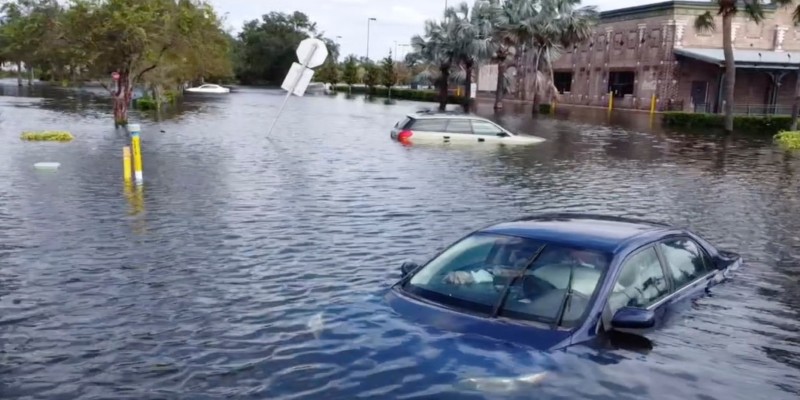
Flooding: If your car is submerged in floodwater, comprehensive insurance generally covers the cost of repairs or replacement.
Wind Damage: Wind from hurricanes or tropical storms can cause trees to fall or debris to strike your vehicle. This type of damage is typically covered under comprehensive insurance.
Debris: Flying debris, such as tree branches or roofing material, can cause significant damage to vehicles. Comprehensive coverage often includes this type of damage.
It’s important to remember that in flood-prone areas, insurance companies might require additional flood coverage or might exclude flood coverage from some policies, so it’s wise to check your specific policy for details.
Wildfires
Wildfires can spread quickly and consume everything in their path, including vehicles. If your car is destroyed or damaged by a wildfire, comprehensive insurance should cover the repairs or replacement. This type of coverage typically includes:
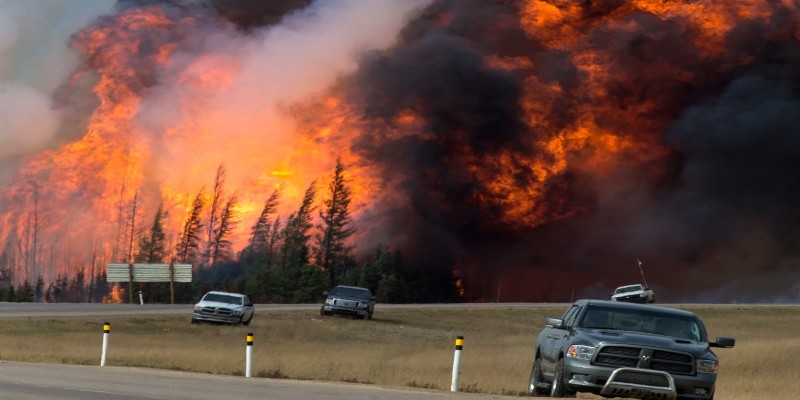
Fire Damage: If your car is caught in a wildfire and damaged by flames, comprehensive coverage will pay for repairs or replacement, depending on the severity of the damage.
Smoke Damage: While less common, smoke damage may be covered in some cases, particularly if the smoke causes significant damage to the interior of the vehicle.
In areas where wildfires are common, insurance companies may have specific requirements or exclusions related to fire damage, so it’s essential to review your policy carefully.
Tornadoes And Earthquakes
Tornadoes and earthquakes are less common but can cause catastrophic damage to vehicles. If your car is damaged or destroyed by one of these events, comprehensive insurance should cover the damage. For example:
Tornadoes: The extreme winds and flying debris caused by tornadoes can severely damage your vehicle. Comprehensive insurance usually covers this type of damage, including vehicle replacement if the car is destroyed.
Earthquakes: Although less likely to occur in many areas, earthquakes can cause structural damage to buildings and vehicles. Comprehensive insurance may cover damage caused by an earthquake, including any debris that might damage your car.
As with other natural disasters, it’s important to review your policy and confirm that you are covered for these types of events.
What Is Not Covered During Natural Disasters?
While comprehensive insurance covers a wide range of natural disaster-related damage, there are still some instances where you may not be covered. Here are some of the common exclusions:
Vehicle Theft
If your car is stolen during a natural disaster, comprehensive insurance will cover the theft. However, if your car is simply damaged but not stolen, you may need to have additional coverage to protect it fully.
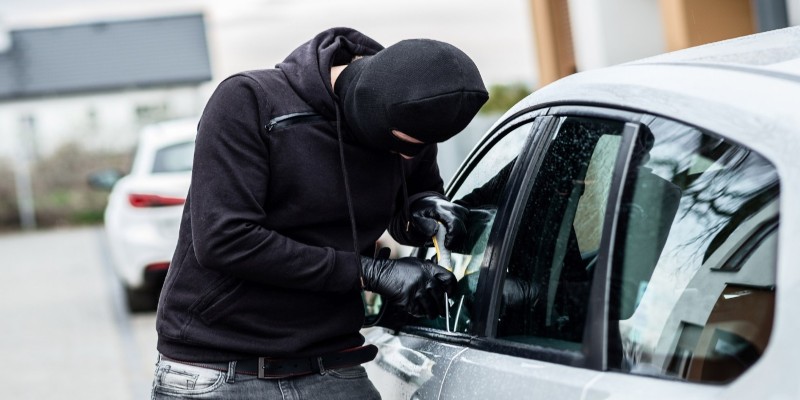
Damage From Negligence
If your car is damaged because you didn’t take reasonable precautions during a natural disaster, you may not be covered. For instance, if you failed to evacuate your vehicle during a hurricane or flood and it is damaged as a result, the insurance company might argue that you were negligent and refuse to cover the damage.
Loss Of Personal Belongings
Comprehensive insurance typically only covers the vehicle itself and not personal items inside the vehicle. If your personal belongings are damaged or lost during a natural disaster, you would need separate coverage, such as renters insurance or homeowners insurance, to cover these items.
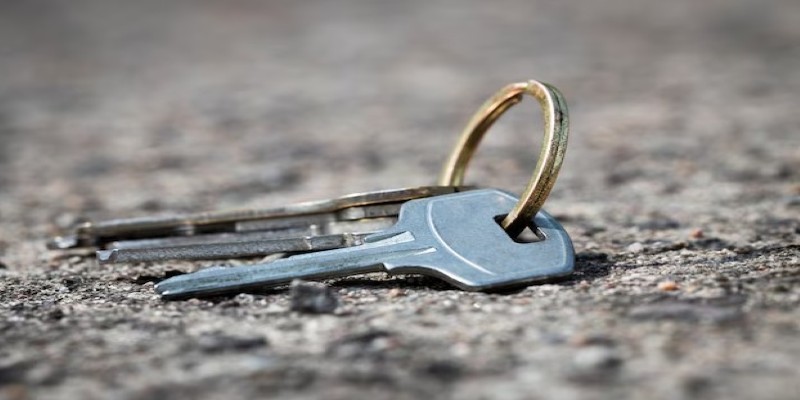
Conclusion
Car insurance plays a vital role in protecting your vehicle during natural disasters, but it’s essential to understand what is covered under your policy. Comprehensive insurance provides coverage for a variety of natural disaster-related damages, including flooding, wildfires, hailstorms, and more.
However, it’s important to verify the specifics of your policy, as some disasters may be excluded or require additional coverage. Always review your insurance policy and consider adding extra coverage to ensure you’re fully protected when disaster strikes.
Latest Article
-

- How To Choose The Right Career Training Program: A Step-By-Step Guide
-
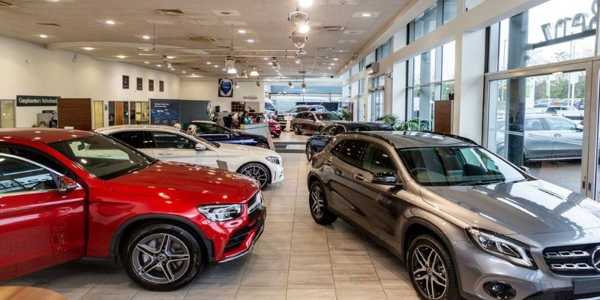
- How To Choose The Right Used Luxury Car Dealer
-

- Mobile Stock Trading Apps Revolutionizing Investments
-
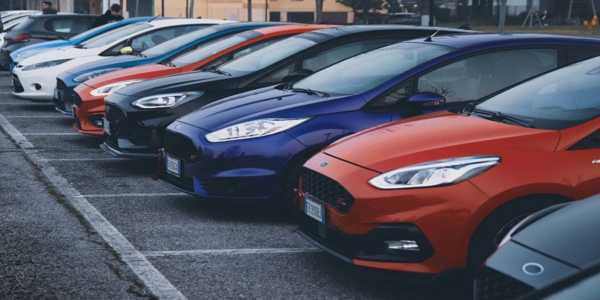
- 5 Best Used Compact Cars For City Driving Comfort
-
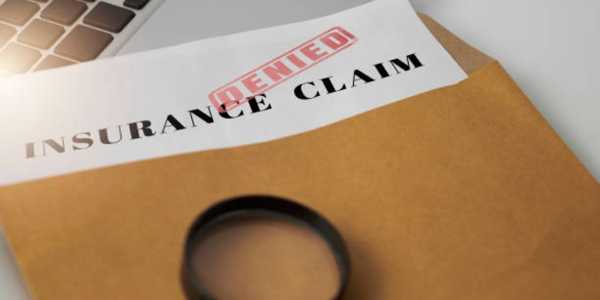
- Usage-based Car Insurance: is It Right for You?
-

- Back-To-School Shopping Hacks Every Parent Needs To Know






